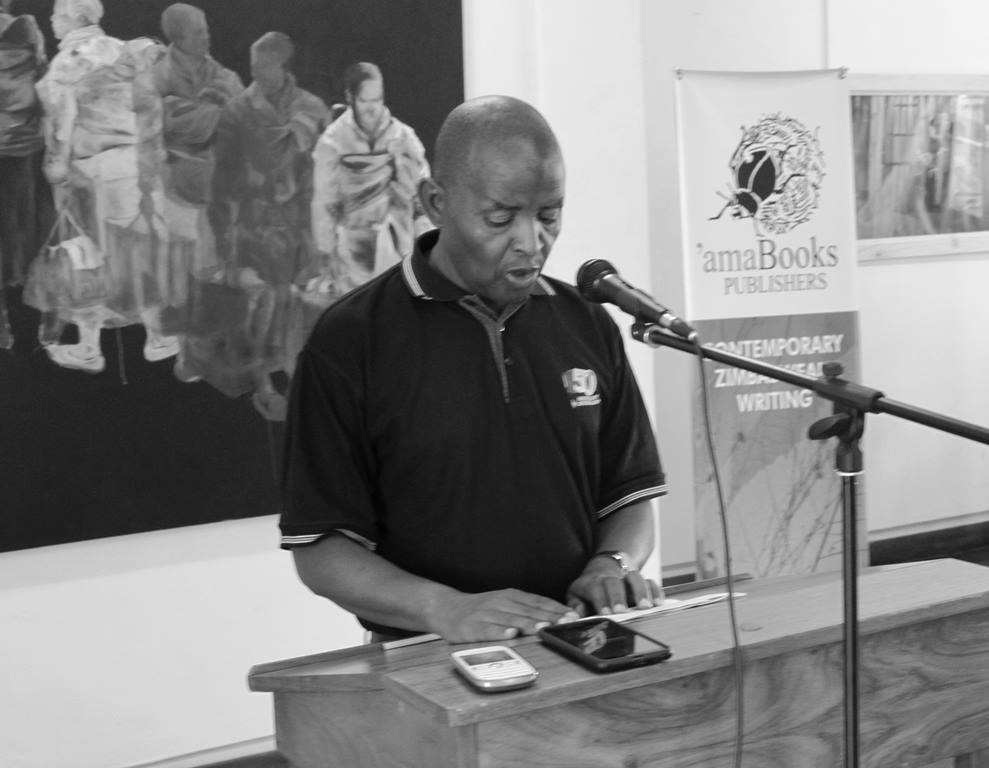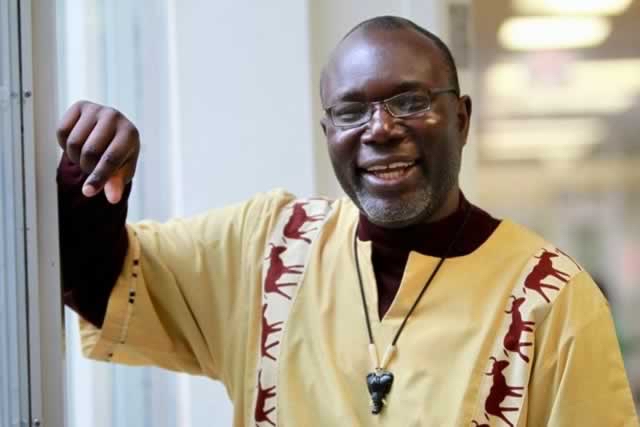Posted
on April 29, 2015 by Jeanne-Marie
Jackson
http://slipnet.co.za/view/reviews/tendai-huchus-the-maestro-the-magistrate-the-mathematician-an-african-novel-and-then-some/
Dostoevsky’s book Demons, about an
intellectual “circle” in pre-Revolutionary Russia, is a novel of ideas. This is
not a term one hears thrown around much in the many current debates about
African writing, and with good reason. “Ideas” seem much less central to the
questions with which African / not-African / Afropolitan / global authors and
critics are concerned than things like story, identity, or politics. The
emphasis on ideas as something distinct from their human vessels, though, is a
big thing to lose. Thankfully, the Zimbabwe-born, Edinburgh-based novelist
Tendai Huchu’s new book reminds us that serious thinking is as important as
driving home what we already know.
The Maestro, the Magistrate, & The
Mathematician in fact alludes to Dostoevsky in one of its most provocative
references. The book is structured as three separate plotlines that ultimately
converge in the Zimbabwean diaspora’s party politics. One of them, The
Maestro’s, tracks a grocery-store worker through his increasingly febrile
reading habits. As he descends (or Dostoevsky might say, rises) into a state of
social alienation and intellectual agitation, he likens himself to Kirillov,
the character from Demons who theorized about and then committed a “rational”
suicide. Kirillov’s motivation was to kill himself as a means of attaining
ideological fulfillment, instead of out of fear to go on living a meaningless
life. He believed that this could “kill God,” and Huchu’s Maestro likewise
ponders the theological problem of free will: “How could a human being do
anything other than what God already knew he was going to do? And if God did
not know the future then God was not omnipotent.” This scene captures the achievement
of the book as a whole, in the sense that it links characters in recognizable
social dilemmas with deep-seated structural contemplation.
While literary conversations these days
tend to focus on how writers themselves are represented, Huchu takes risks with
his technique of representation. One of the most woeful lacks in politically
correct reading (which does lots of good things, too) is a distinction between
stereotype and type. Types are essential to crafting a broad social canvas;
they forge legible figures to act as both characters and commentary. Huchu’s
typological palette is formidably broad: the other two plots of his novel are
about, respectively, a distinguished former judge who now works in a nursing
home, and a hip young economics PhD student. They are hilariously rendered
through their foibles and self-parody, in a style that is incisive rather than
lyrical. The Magistrate is horrified at men being present for childbirth, and
The Mathematician sticks to a “four-week rule” for not going without sex. In
those plots, especially, Huchu’s eye for social rather than subjective
precision pays off in humor with real edge. Without giving too much away, the
perennial favorite question of race’s relation to animal rights comes into the
picture. (For once, it does not involve dogs.)
This combination of hilarity and
social-intellectual zing carries through the novel’s depiction of Zimbabwean
politics, as well. One of Huchu’s best scenes takes place at an Edinburgh MDC
rally, which gets off to a late start because someone forgot the keys to the
building it’s held in. When a local councillor (who is confused with the mayor)
shows up to “make a speech” at the MDC branch chairman’s request, he is
disoriented by a succession of puffed-up Pamberi!’s, and an only
half-remembered Zimbabwean national anthem. A page later, Huchu narrates what
he manages to glean from the affair:
There was a man called Robert Mugabe.
Mugabe was a bad man.
Mugabe must go (although it was unclear
exactly where to).
Mugabe was ‘killing peoples’.
The BBC had something to do with it.
The chairman was prepared to die for his
beliefs.
Mugabe must go now (see 3).
Mugabe must stand trial and be found
guilty.
I am laughing so hard as I copy down this
excerpt that it seems criminal not to confess it.
Finally, The Maestro, The Magistrate, &
The Mathematician manages to capture African diasporic realities without
over-playing the extent to which “diasporic identity” determines people’s
views. The Magistrate falls from socioeconomic grace in his relocation to the
UK, but his core values and frameworks remain avowedly Shona. The
Mathematician, too, continues to measure his social standing by what’s
happening in Harare: he has a working-class white girlfriend and he’s clearly
the one on top, with frequent flights home and phone calls from his father
about market predictions. (“Dude,” he says at one point to a nostalgic friend,
“niggas ain’t had it this good in 300 years and you wanna time travel back to
the 50s? Shiiit, you’d have wound up in some township being tear gassed and
having dogs set on you by those motherfucking Rhodies.”) It is similarly
refreshing to see so much Shona in a novel without translation, and yet also
without hindering the reading experience for people who don’t know the language.
By the end of the book, suffice it to say
that Huchu arrives at a somber note. On the way there, he crafts moments of
real human poignancy (such as the Magistrate’s reunion with his wife), but
never veers into cheap valorization of either hope or despair. In its model of
interconnectedness instead of “mobility,” the only recent novel from or about
southern Africa that recalls it is Imraan Coovadia’s Tales of the Metric
System. These two are almost in a conversation all their own, and it is one we should
hear much more of. The Shona saying for a “breath of fresh air” is mhepo ino
tonhorera, and Huchu really is.







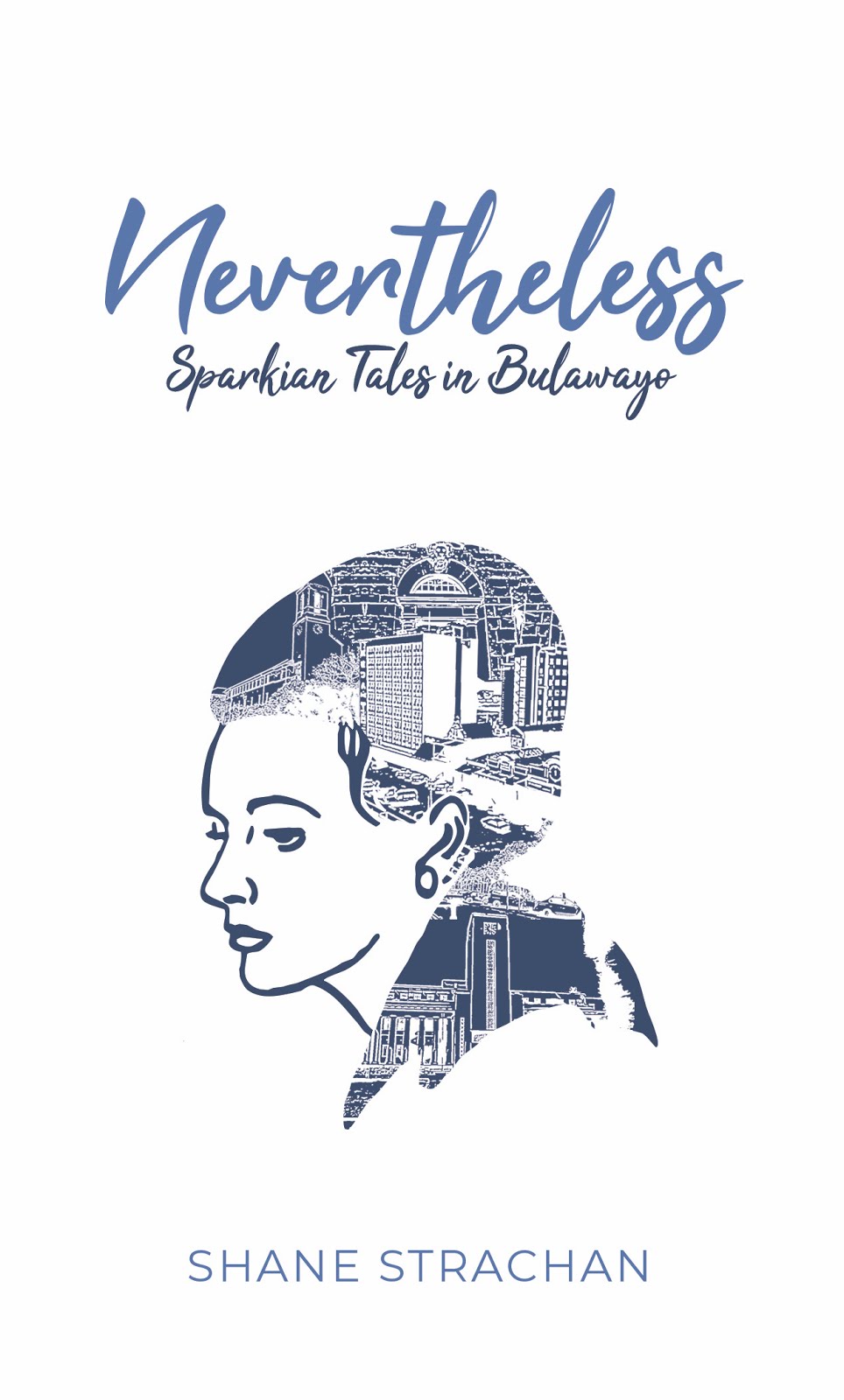





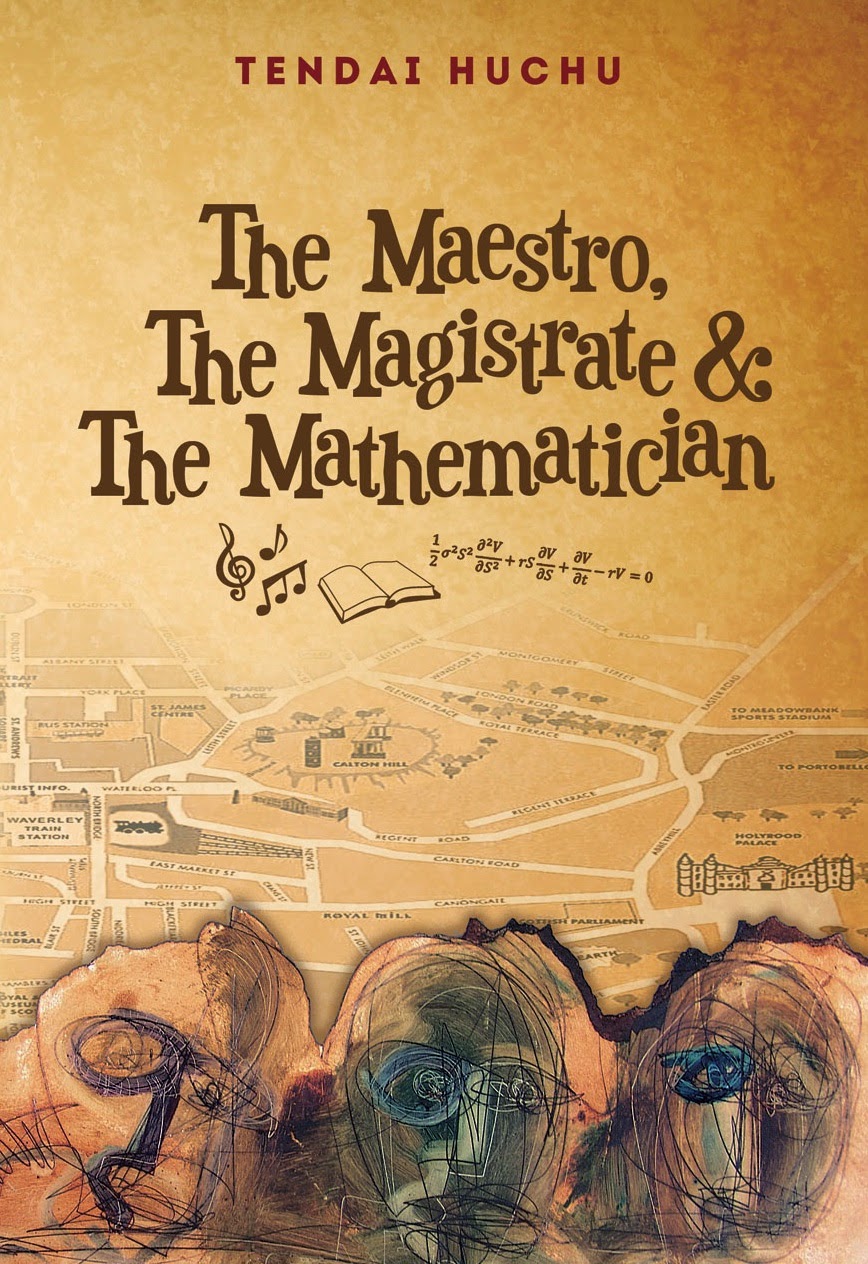
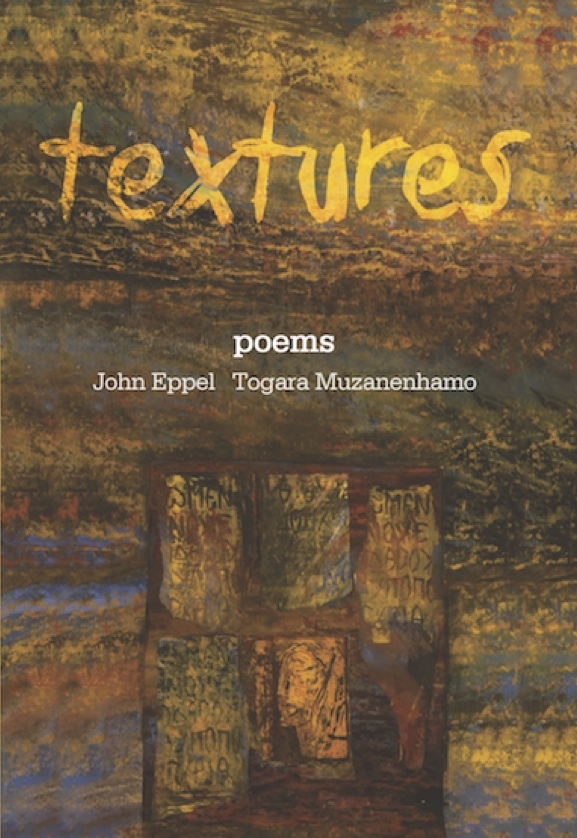
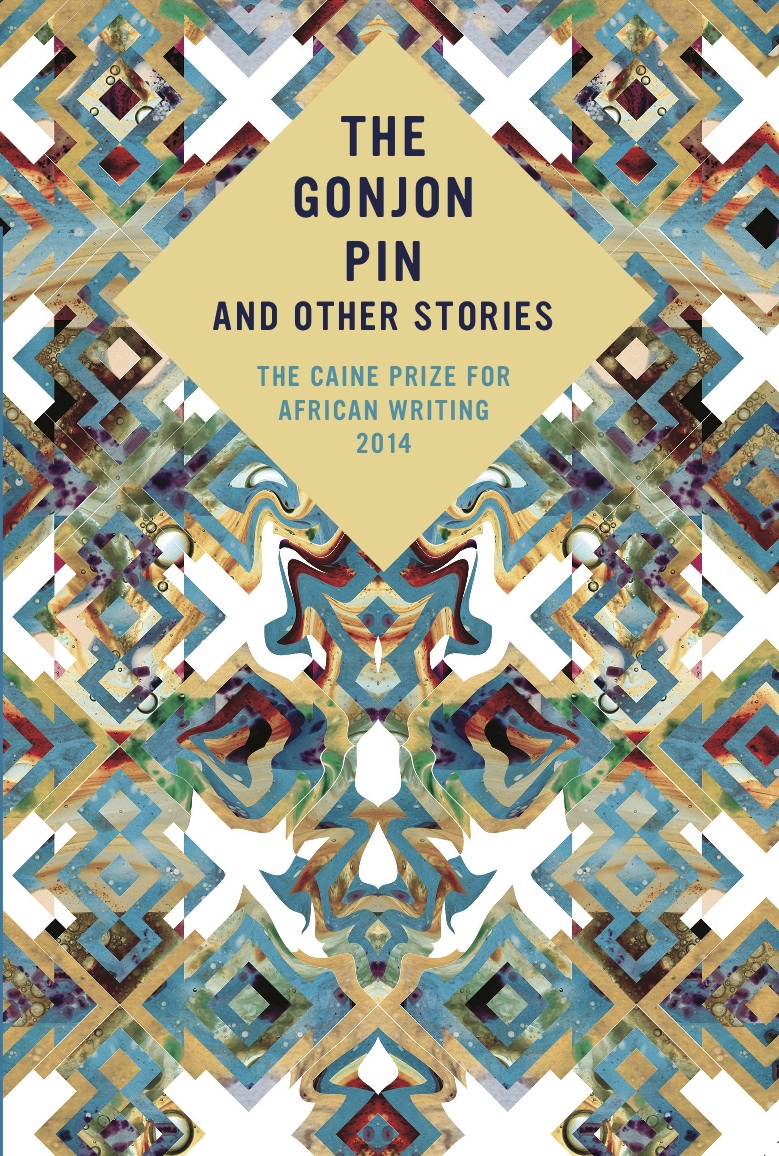
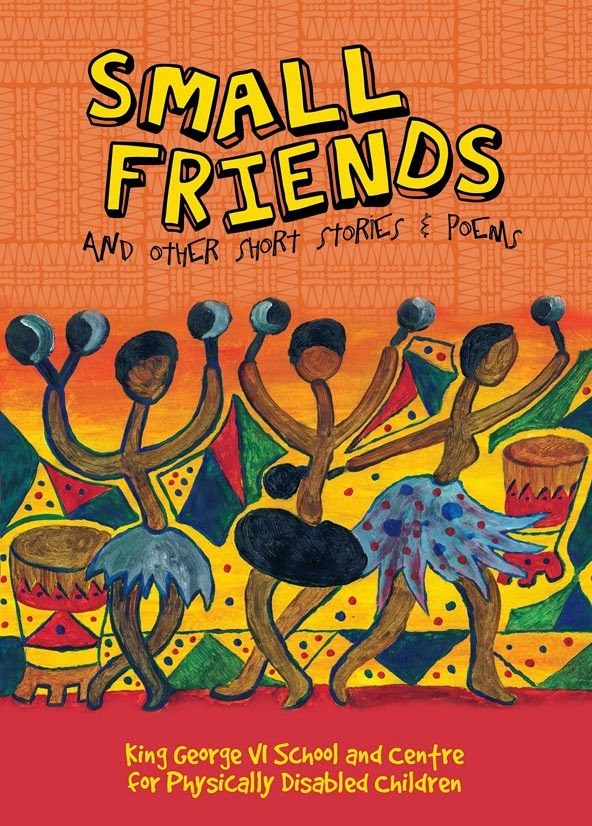
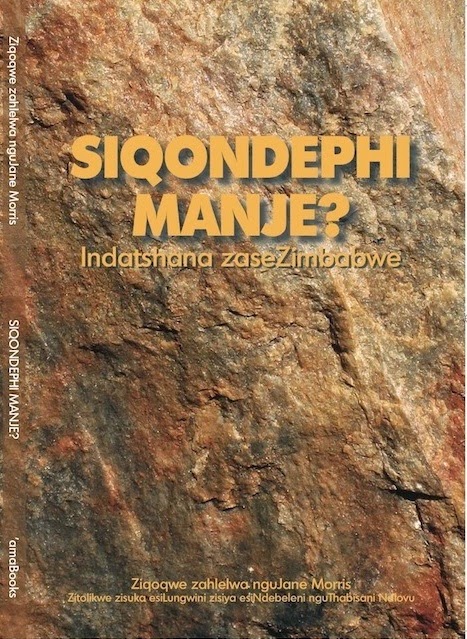
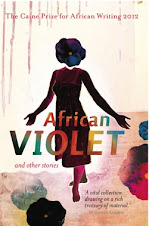

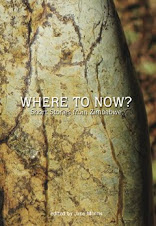
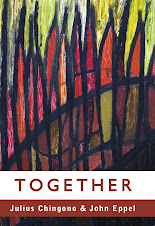
.jpg)

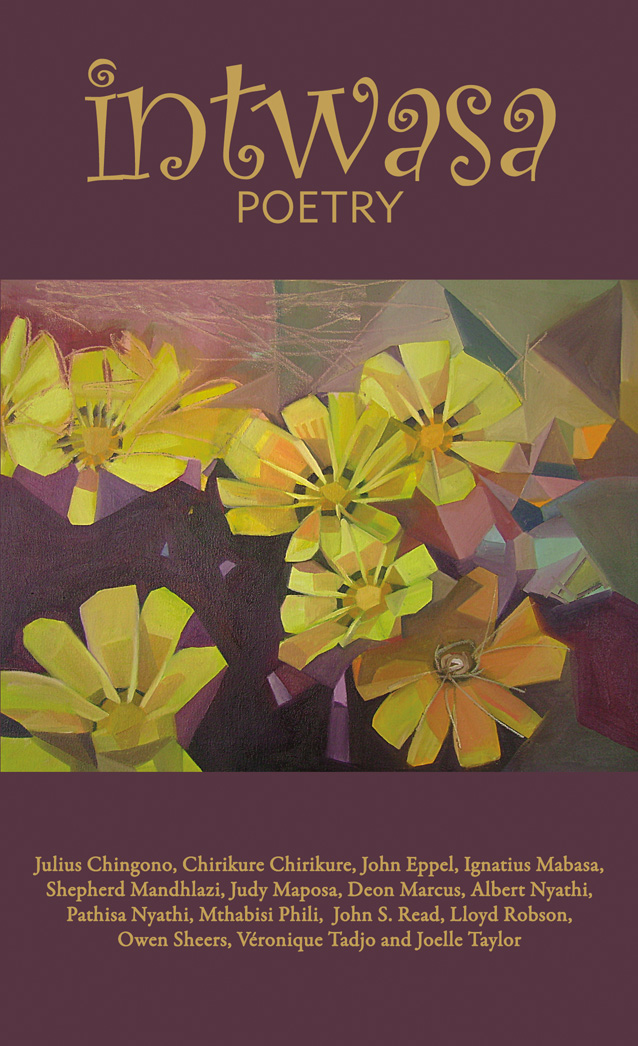


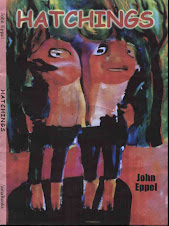













.jpg)











